Aww, Thanks! Absolutely, I’d Love To Help However I Can.
I have actually fallen in love with your photography. Love the way you capture light!! Any tips for someone starting out with photography?
Aww, thanks! Absolutely, I’d love to help however I can.
Whether you’re brand-new to photography or just trying to get better, these are my 10 biggest photo tips!
If it seems daunting, don’t worry, it’s not a list everyone needs to run out and complete tomorrow – just a roadmap of things to think about as you learn.
1. The best camera is the one you have with you.

Case in point: my Fuji street kit is so light I even bring it on business shoots, but I’d never bring my heavy Canon kit on a street shoot.
Whether that means a little portable camera or even just your phone, focus on learning the device you’re most-willing to bring places.
All the expensive equipment in the world is worthless if you don’t have it with you at the right moment… plus, the quality of the camera matters infinitely less than the eyes behind it.
2. There’s (almost) no such thing as taking too many frames.

During a recent fast-paced play, I took 4,032 photos. Seriously.
On average, whether shooting for myself or work, I take about 5-10 images for every *one* I choose in editing.
Countless variables benefit from numerous frames. Moments come and go, expressions change, settings can be improved or better compositions found, a dog walks by and the photo gets 100% better. Yes, shoot with intentionality, but never be afraid of overshooting as you learn.
3. Mess around constantly…

…because this was just a random long exposure from exiting an elevator, plus a little editing.
Experimenting with weird stuff is how you find techniques and options you didn’t notice before. Look at a scene you find interesting, and figure out how many ways you can inject another element into it.
The options are limitless. Use an unusual POV or object in the foreground, keep it perfectly symmetrical or extra askew, drag the shutter or let everything silhouette… it trains you to picture how 3D space works in a 2D photo.
4. Look up tutorials/explanations of camera settings, and take a little time to learn what’s affected by a setting so you can control it.

Mastering the fundamentals is vital, and it’s never been easier to learn. Plus, they’re simpler than they seem, I promise!
Getting settings to the point of muscle memory is what lets you catch the quick moments you get one shot at, and troubleshoot situations when something isn’t working.
4. Get lower, higher, or closer…

…but especially closer.
Practically any shot gets more interesting from one of those perspectives, even those not containing crazy birds.
And if a photo is best completely straight-on, commit to it – make it as precise and flat as possible. Attention to those details makes a composition feel balanced and intentional.
5. Editing is half (or more) of the craft, and is basically magic.

Just some basic image prep turns this…

…into this.
There are tons of free photo editing options these days, and a ridiculous number of learning resources available. If you find yourself getting serious one day, though, you can get Lightroom & Photoshop CC for just $10 a month.
It’s easy to overedit a shot, too, but it’s better to go a little far and learn a lot from it than to never try.
Editing can range from just enhancing an image to outright transforming it, so it also benefits greatly from experimentation. Go nuts!
6. Seek out the interesting light wherever you are.

This applies to everything from practical portraits to street photography – contrasts are always engaging.
Whether you need gentle light to put subjects into or weird light to mess with, more light equals more possibilities. And speaking of light…
7. External flashes can be crazy affordable these days ($36 or less!), and make practical, dim situations like events infinitely better.

Speaking as someone who uses high-end lighting equipment daily, you don’t need expensive gear and crazy technical skills to get some nice light in tough spots.
Buy a cheap flash and dome diffuser, slap ‘em on the camera, bounce the light into the ceiling when possible, and adjust the power up/down as you go. Google suggested camera settings to use with flash.
See? Doesn’t have to be scary and overly-technical! Don’t get me wrong, you can do way more with a $2000 5-light portrait setup, but while learning, one cheap flash into the ceiling will get you far.
9. Nature is nice, but also not very challenging.

There’s nothing wrong with it, but you don’t learn a ton from taking photos of already-beautiful things in ambient light.
Branching out from nature (pun unintended) is a good path to keep growing (pun doubly-unintended). Whatever it is you like to shoot, find circumstances and subjects that push you to make a difficult situation look great.
10. Nothing makes you improve more than consistently closing the loop. Shoot, review, edit, post, repeat.

Yup… that’s the actual number of photos I took last year.
Practicing or researching one aspect of photography is good, but you learn infinitely more by going through the whole process again and again.
Getting to the point of “I’ve edited this as well as I can, time to post” means you’ve gotten all you can out of it and are moving on… which isn’t always easy, I know.
Perfectionism is good, but can be paralyzing. If it stops you from creating new things because you’re still obsessing on the old ones, ironically, it’s slowing improvement down… the only way to become better is to push through and try to make the next image a tiny bit better than the last.
11. Cute animals.

They make every photo better. No exceptions.
Ok, sure, I said it was gonna only be 10, but that tip matters as much as all the previous ones combined.
–Colin (instagram)
More Posts from Ojitosmulticolor and Others
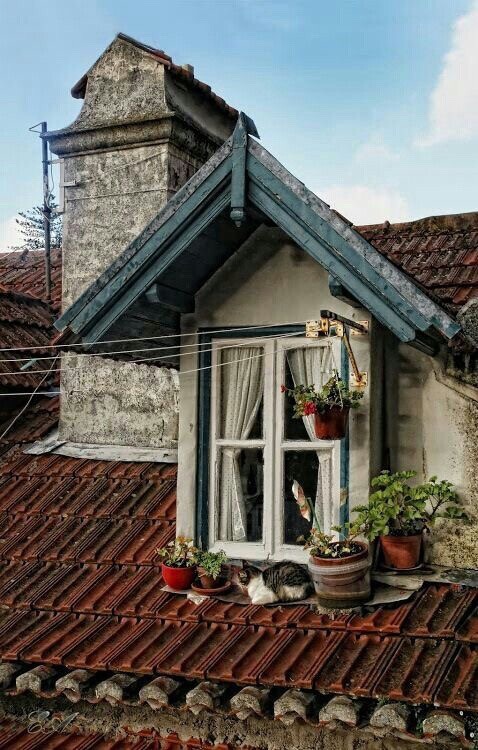
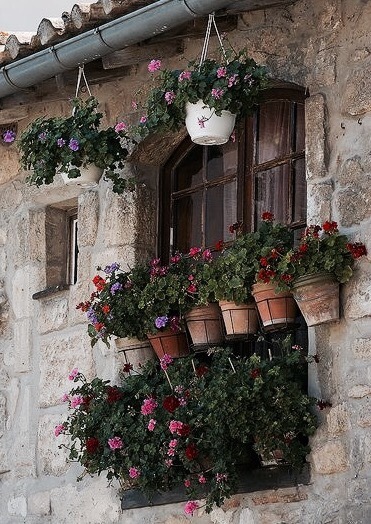
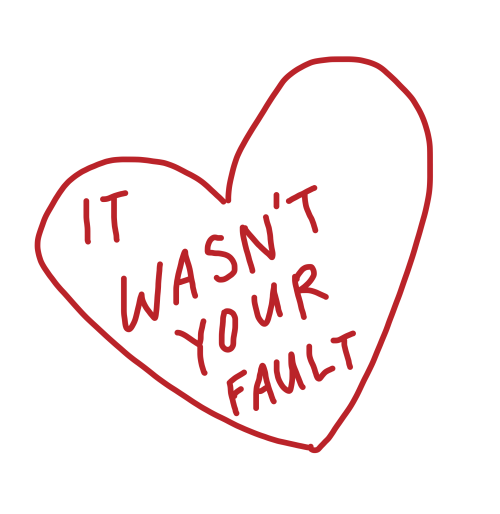
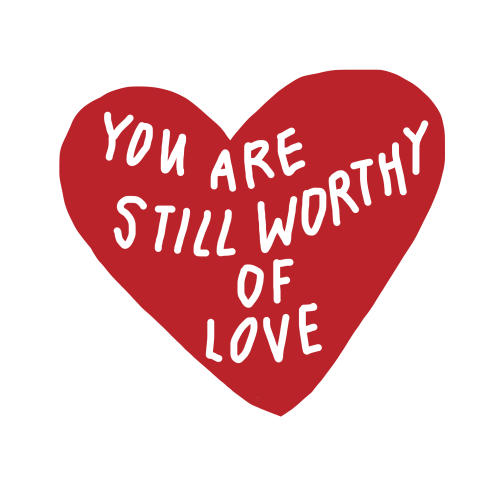
things i needed to hear (as conversation hearts)









The enchanted tarot by Farber, Monte; Zerner, Amy. 1990.


queen - i want to break free
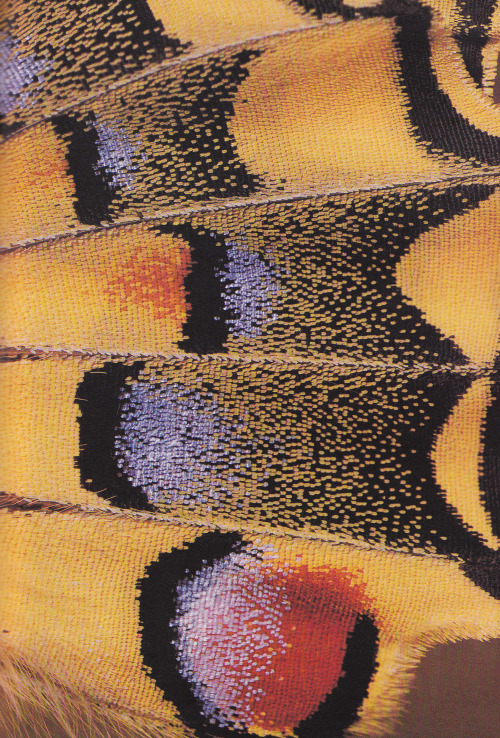
Wing of a swallowtail butterfly Life on Earth, David Attenborough, 1979
Social distancing be like

In this pandemic times...
Don't be like the husbands touchxtouch:


Be like Sam:

According to a non-scientific test done by Mythbusters back in 2010, sneezing into your elbow can effectively prevent the fluids from spreading, whereas you could still sneeze through a tissue or hanky and end up with gunk all over your hands.
Take care, wash hands, social distance and don't panic, you know the drill ✨


When the party’s over // Billie Eilish



-
 anyaroux liked this · 3 years ago
anyaroux liked this · 3 years ago -
 littlesistersammy liked this · 3 years ago
littlesistersammy liked this · 3 years ago -
 sylvieeeeee liked this · 3 years ago
sylvieeeeee liked this · 3 years ago -
 merhooka liked this · 3 years ago
merhooka liked this · 3 years ago -
 sunshinepatch liked this · 3 years ago
sunshinepatch liked this · 3 years ago -
 le-ootaku liked this · 4 years ago
le-ootaku liked this · 4 years ago -
 ladularisa reblogged this · 4 years ago
ladularisa reblogged this · 4 years ago -
 ladularisa liked this · 4 years ago
ladularisa liked this · 4 years ago -
 i-waoi liked this · 4 years ago
i-waoi liked this · 4 years ago -
 arishaechan liked this · 4 years ago
arishaechan liked this · 4 years ago -
 buffylesbian-archive reblogged this · 4 years ago
buffylesbian-archive reblogged this · 4 years ago -
 yusmun reblogged this · 4 years ago
yusmun reblogged this · 4 years ago -
 yusmun liked this · 4 years ago
yusmun liked this · 4 years ago -
 aubreysmaturin liked this · 4 years ago
aubreysmaturin liked this · 4 years ago -
 shareaglass reblogged this · 4 years ago
shareaglass reblogged this · 4 years ago -
 inmotion liked this · 4 years ago
inmotion liked this · 4 years ago -
 bugy-boo liked this · 4 years ago
bugy-boo liked this · 4 years ago -
 starrboned reblogged this · 4 years ago
starrboned reblogged this · 4 years ago -
 starrboned liked this · 4 years ago
starrboned liked this · 4 years ago -
 ojitosmulticolor reblogged this · 4 years ago
ojitosmulticolor reblogged this · 4 years ago -
 televisionflag liked this · 4 years ago
televisionflag liked this · 4 years ago -
 the-ghost-of-mona-lisa liked this · 4 years ago
the-ghost-of-mona-lisa liked this · 4 years ago -
 appleofmycamera reblogged this · 4 years ago
appleofmycamera reblogged this · 4 years ago -
 gl1ttersweet liked this · 4 years ago
gl1ttersweet liked this · 4 years ago -
 drawwithlight liked this · 4 years ago
drawwithlight liked this · 4 years ago -
 allthoseprettylittlewords liked this · 6 years ago
allthoseprettylittlewords liked this · 6 years ago -
 little-bookends liked this · 6 years ago
little-bookends liked this · 6 years ago -
 sneezybee liked this · 6 years ago
sneezybee liked this · 6 years ago -
 garabatos-nr liked this · 6 years ago
garabatos-nr liked this · 6 years ago -
 nicotinestainednights liked this · 6 years ago
nicotinestainednights liked this · 6 years ago -
 deceasedjonni liked this · 6 years ago
deceasedjonni liked this · 6 years ago -
 coldwombatsalad reblogged this · 6 years ago
coldwombatsalad reblogged this · 6 years ago -
 coldwombatsalad liked this · 6 years ago
coldwombatsalad liked this · 6 years ago -
 1love1king4all liked this · 6 years ago
1love1king4all liked this · 6 years ago -
 rentmeatimemachine liked this · 6 years ago
rentmeatimemachine liked this · 6 years ago -
 mo-and-mu liked this · 6 years ago
mo-and-mu liked this · 6 years ago -
 deposition-waaake liked this · 6 years ago
deposition-waaake liked this · 6 years ago
